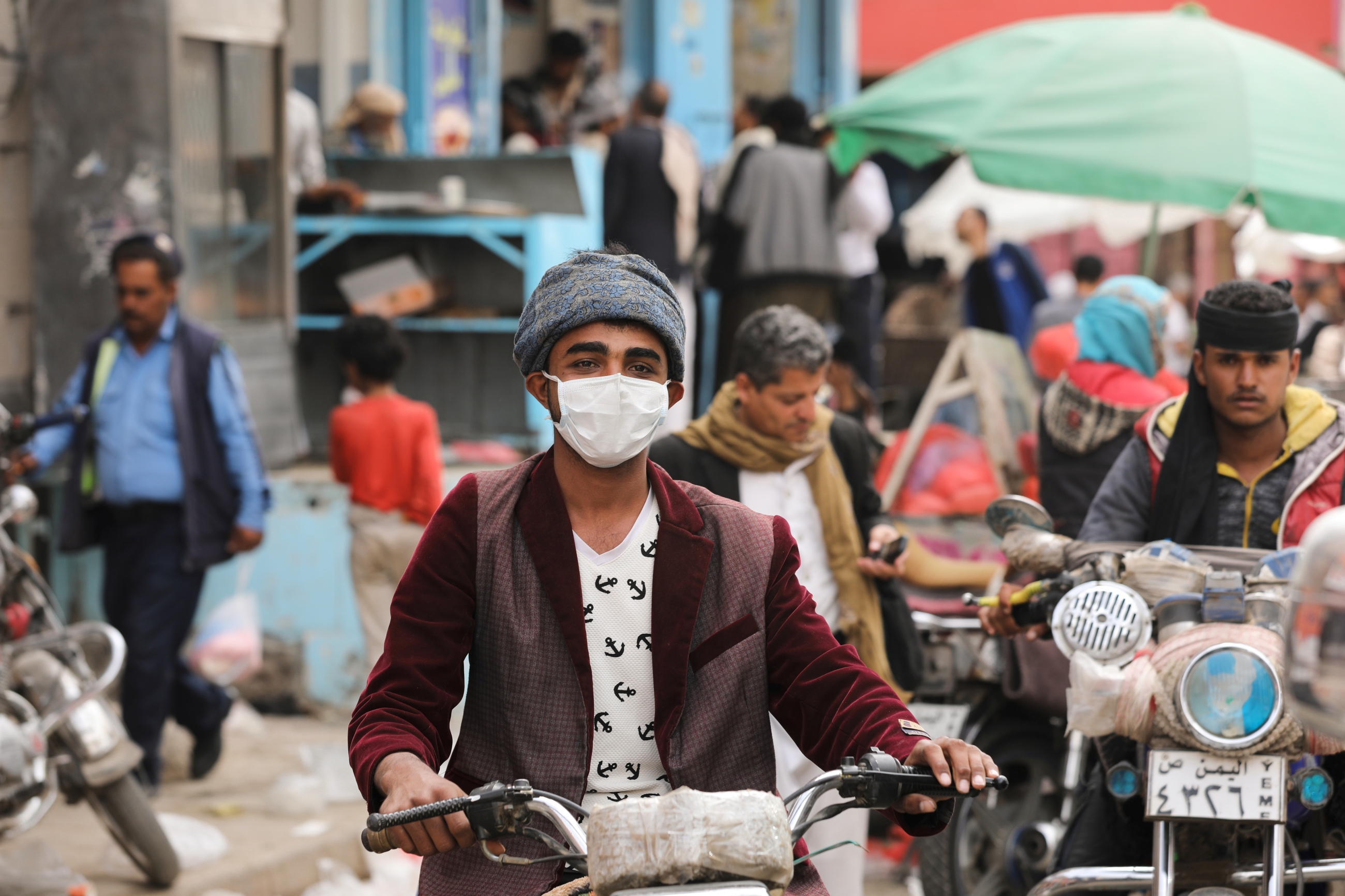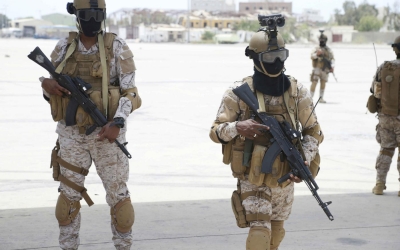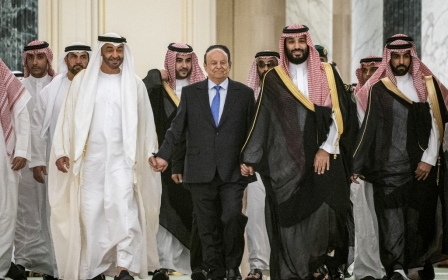Yemen's warring parties call for truce as potential for coronavirus looms

Yemen's warring parties have welcomed a UN call for an immediate truce on Thursday as the country enters its sixth year of a conflict that has unleashed a humanitarian crisis, leaving it vulnerable to the coronavirus pandemic.
A Saudi-led military coalition said late on Wednesday that it backed the Yemeni government's acceptance of the UN appeal. The Houthi movement also said it welcomed the call, but wants to see its implementation on the ground.
The coronavirus has yet to be documented in Yemen where the conflict has killed more than 100,000 and left millions on the brink of starvation. The country is already battling a large cholera outbreak.
On Wednesday, UN Secretary-General Antonio Guterres urged Yemen's parties to end their hostilities and restart peace talks last held in December 2018.
After back-channel talks between Saudi Arabia and the Houthis, Yemen witnessed a lull in military action last year, but there has been a recent spike in violence that threatens fragile peace deals in vital port cities.
New MEE newsletter: Jerusalem Dispatch
Sign up to get the latest insights and analysis on Israel-Palestine, alongside Turkey Unpacked and other MEE newsletters
"We have a global coronavirus pandemic threatening to overwhelm an already broken health care system," said Tamuna Sabadze, country director at the International Rescue Committee.
Millions are dependent on humanitarian aid in Yemen, which has been mired in conflict since the Houthis ousted the government from power in the capital, Sanaa, in late 2014. The group still controls most major urban centres despite years of war.
The head of the Houthi Ansarallah movement's political office said on Wednesday the movement was open to de-escalation efforts, including prisoner releases.
Mahdi al-Mashat, in comments carried by al-Masirah TV, then ordered the release of all Baha'i faith members imprisoned by the Houthis, including Hamed bin Haydara whose death sentence was upheld earlier this week by a Sanaa court.
The Baha'i International Community welcomed the decision, which it said in a statement applied to six people "wrongfully imprisoned" for religious beliefs.
It said the order should lead to the lifting of charges made in 2018 against around 20 members of the faith, which regards its 19th-century founder as a prophet. Muslim countries, including Iran where the sect originated, consider it a heretical offshoot of Islam.
Middle East Eye delivers independent and unrivalled coverage and analysis of the Middle East, North Africa and beyond. To learn more about republishing this content and the associated fees, please fill out this form. More about MEE can be found here.





